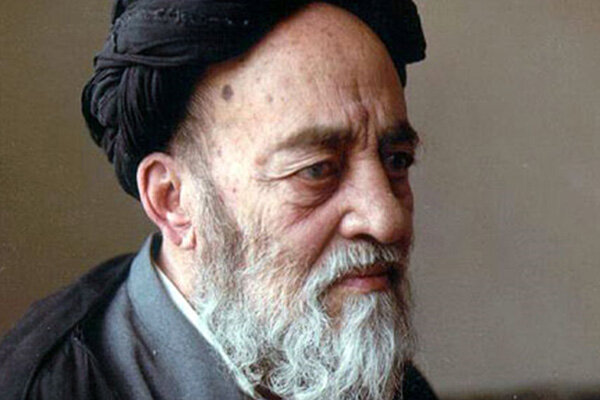The life and legacy of Allameh Tabataba’i

TEHRAN, Nov. 15 (MNA) – Seyyed Mohammad Hossein Tabataba’i is considered one of Iran’s foremost philosophers, mystics, and Qur’anic scholars. His teachings and writings continue to shape religious thought in Iran over four decades after his passing.
Allameh Seyyed Mohammad Hossein Tabataba’i (1281–1360 SH) was a leading Shia scholar, philosopher, jurist, and mystic whose work shaped modern Islamic thought in Iran. He is best known for his comprehensive Tafsir al-Mizan, Shi’a in Islam, and philosophical texts such as Bidayat al-Hikmah, Nihayat al-Hikmah, and Principles of Philosophy and Method of Realism.
Born in Tabriz, Tabataba’i lost his mother at age five and his father at nine. He began his education studying the Qur’an, Persian literature, Arabic, and Islamic sciences before traveling to the seminary of Najaf in 1304 SH (1925 CE) to pursue advanced studies. There, he studied jurisprudence, philosophy, ethics, mathematics, and mysticism under prominent scholars, including Mirza Naeini, Mohammad Hossein Ghavami Isfahani, and Seyyed Abolhassan Esfahani.
After a decade in Najaf, he returned to Tabriz and engaged in both agriculture and scholarly writing. During this period, he produced several works on philosophy and theology, including treatises on the existence of God, human nature, prophecy, and divine attributes.
In 1325 SH (1946 CE), Tabataba’i settled in Qom, where he taught Qur’anic exegesis and philosophy, reviving philosophical studies in the seminary. His approach, interpreting the Qur’an through the Qur’an itself, became a model for later scholars. He also held weekly study sessions on the philosophy of Mulla Sadra with his select students.
Tabataba’i’s students included some of Iran’s most influential thinkers, such as Morteza Motahhari, Mohammad Hosseini Beheshti, Mohammad-Taqi Mesbah Yazdi, Hassan Hassanzadeh Amoli, Abdollah Javadi Amoli, and Naser Makarem Shirazi. He also engaged in intellectual exchanges with French philosopher Henry Corbin, helping to introduce Shia philosophy and mysticism to European audiences.
Allameh Tabataba’i passed away in 1360 SH (1981 CE) in Qom. His funeral procession, attended by scholars and followers, proceeded from the Imam Hasan Askari Mosque to the shrine of Fatima Masumeh, reflecting his lasting influence on Islamic scholarship.
Today, his works remain central to the study of Shia thought, philosophy, and Qur’anic exegesis, and Alameh Tabataba’i University in Tehran bears his name in recognition of his contributions.
On 24th on Aban, which falls on November 15 this year, scholars, students, and admirers across Iran honor Allameh Tabataba’i’s legacy, reflecting on his contributions to philosophy, Qur’anic interpretation, and the intellectual life of the country. Commemorative events, lectures, and discussions highlight how his teachings continue to inspire new generations of thinkers and preserve the rich tradition of Shia scholarship.





